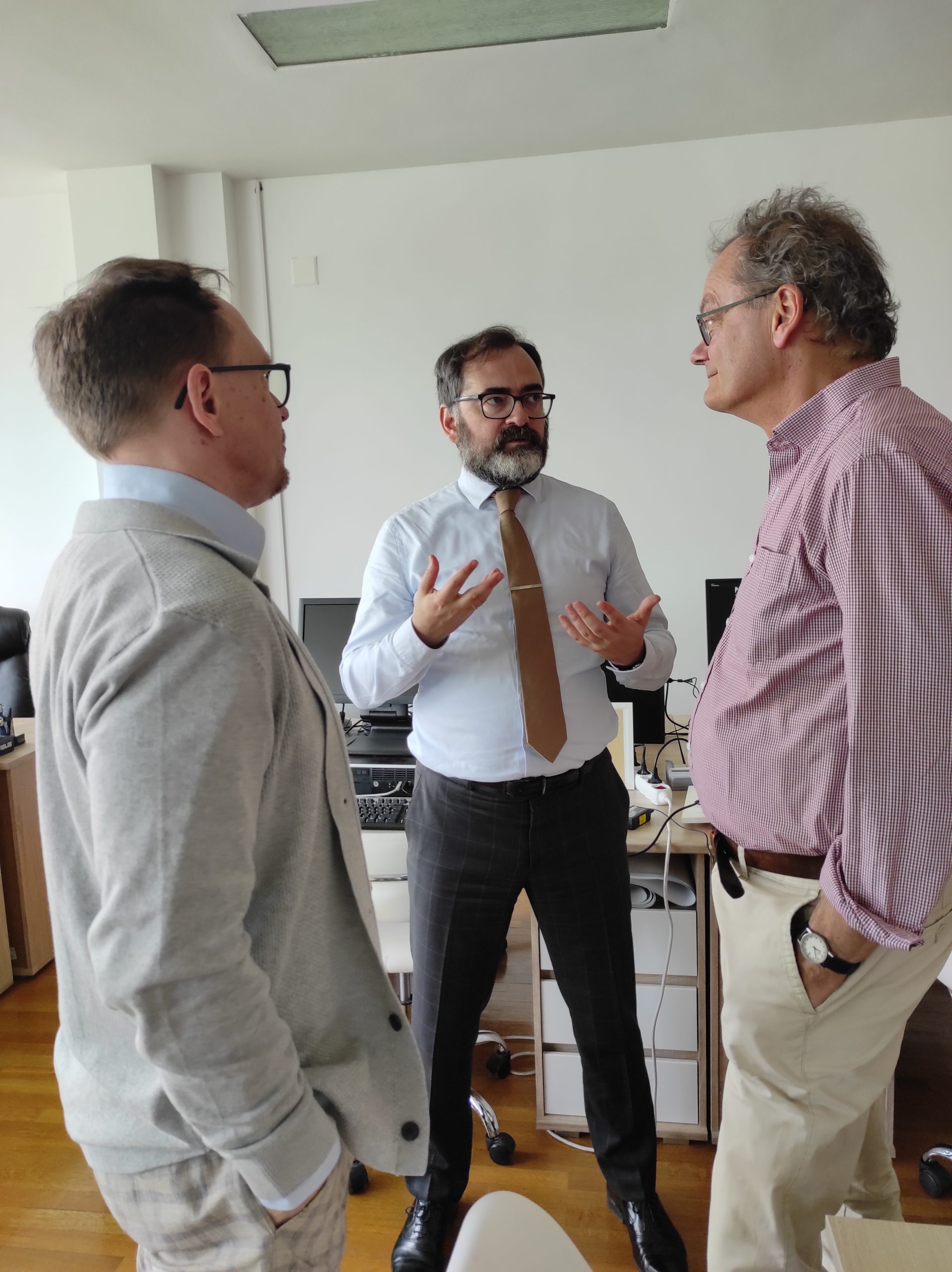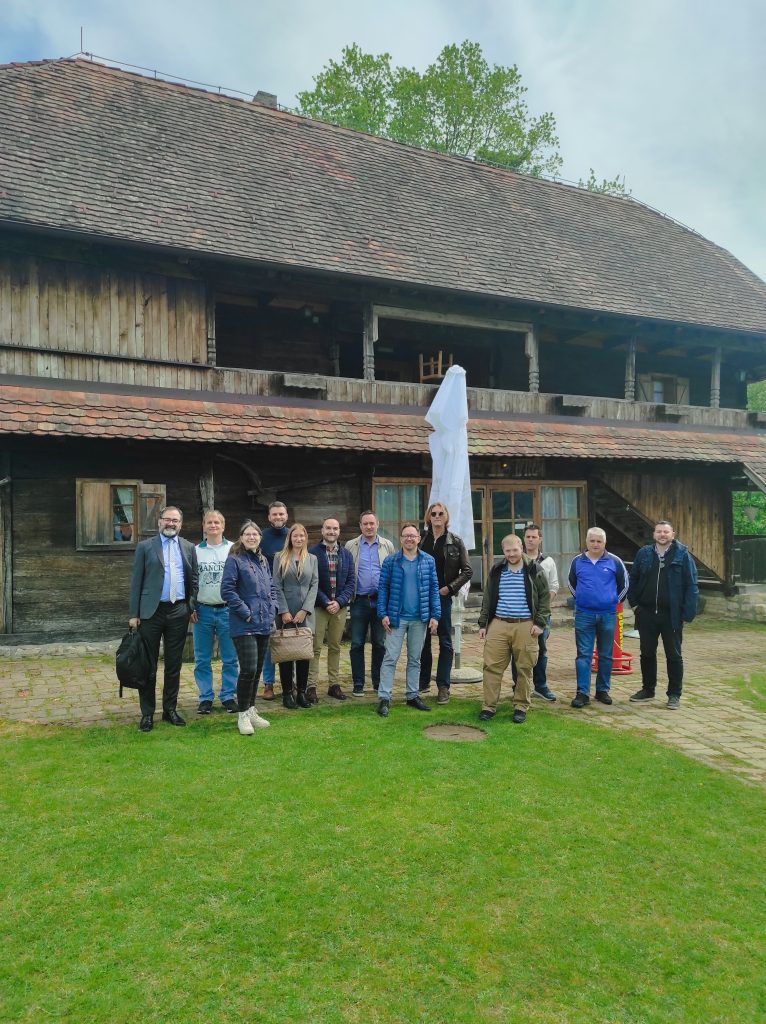
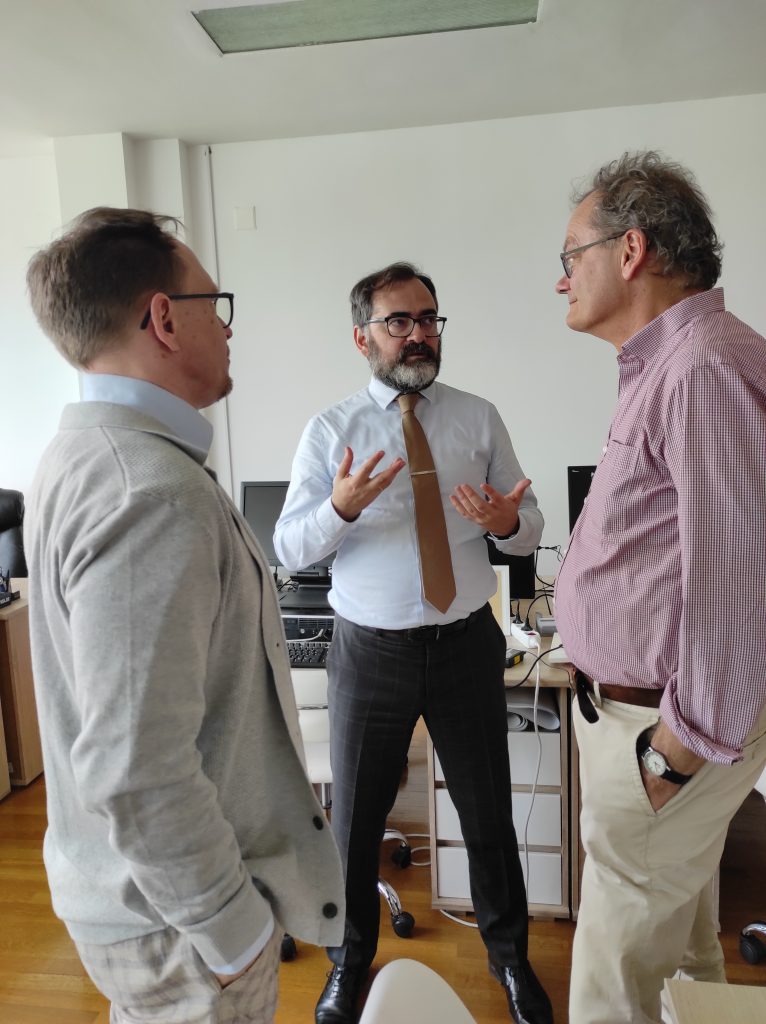
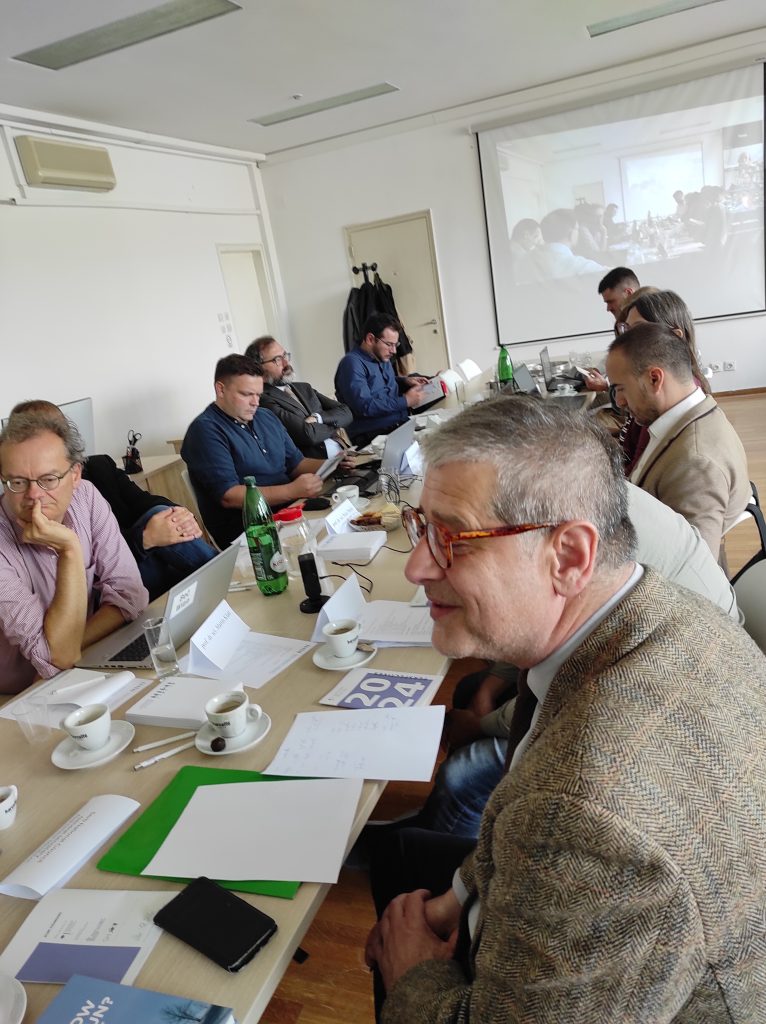
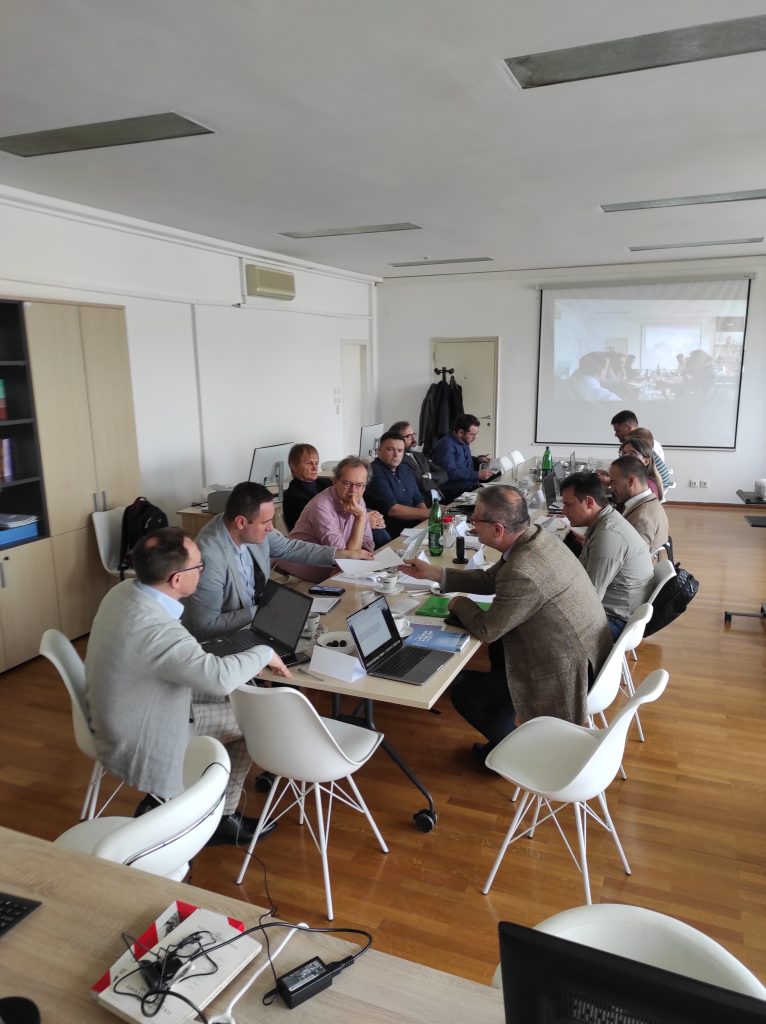
At the Institute for Migration Research, a four-day working meeting was held, bringing together scientists and politicians from Croatia, Serbia, Germany, and Denmark. During the meeting, participants discussed a project focused on minority communities caught in post-conflict situations between states. The project aims to compare how these minority communities have developed after the conflicts.
Based on collaborative efforts, experts from various disciplines identified key analytical parameters that will be the focus of further research. The project is based on a comparison of two groups of countries: Germany and Denmark, whose relations date back to 1920, and Croatia and Serbia, where minority relations intensified after 1991. Through this comparative analysis, the project seeks to explore how these minorities have shaped their communities, developed relations with their homeland states, and faced challenges within majority societies.
One of the key conclusions of the meeting in Zagreb was the definition of an analytical framework that takes into account the historical differences between the two pairs of countries. While the German-Danish pair covers over 100 years of the evolution of minority relations, the Croatian-Serbian pair focuses on a relatively recent history, starting from the breakup of Yugoslavia, when members of the two constituent nations became minorities in newly independent states. However, the goal is not just to make a direct comparison or to search for “best practices” between these cases, but rather to use both pairs as a foundation for analytical discussions about the challenges and processes that minorities go through.
Comparative conditions, such as linguistic, religious, and political differences between minority communities, were also identified as key elements for further research. For example, while the German and Danish minorities are largely shaped by common religious roots (Lutheranism), Croatian-Serbian relations are further complicated by different religious affiliations (Catholicism and Orthodoxy) and the historical context of the breakup of Yugoslavia.
Researchers from Germany, Denmark, Croatia, and Serbia have already begun working on preparing the analytical frameworks for their chapters within the project. The next major step will be the plenary meeting scheduled for December 5th and 6th in Flensburg, where all participants will gather to discuss the results so far. During the meeting, teams will present their insights on key topics, such as the role of minority institutions, political campaigns by minorities, and identity issues faced by these communities.
In addition to the plenary discussion, a visit to historically significant locations in southern Denmark is planned, where researchers will have the opportunity to better understand German-Danish minority relations.
The project is expected to result in the publication of a book that will provide a comparative analysis of minority communities in the context of post-conflict relations between nation-states. The finalization of the chapters’ text is expected by 2025.
The project is anticipated to make a significant step forward in understanding the complex relationships between minorities and majority societies. Through a detailed comparative analysis, the researchers hope to offer new insights into how minority communities adapt and develop in post-conflict societies. Although the project is primarily based on academic perspectives, its results could also have practical implications for shaping future minority policies.



